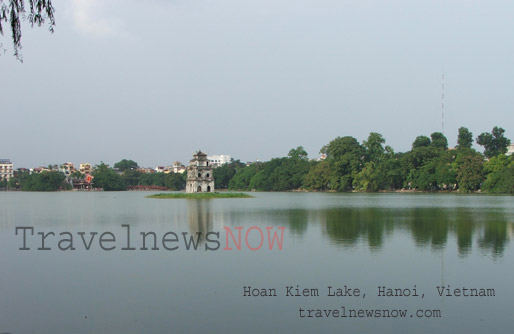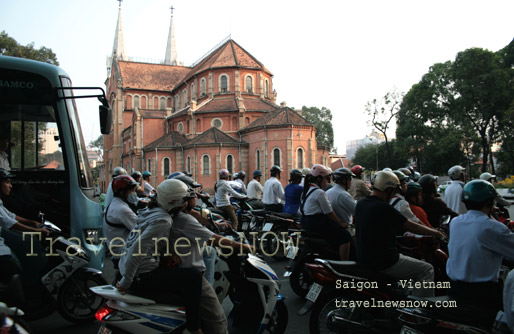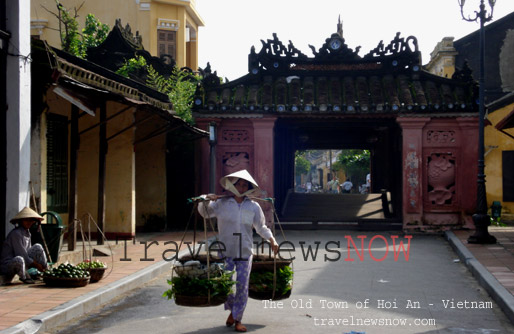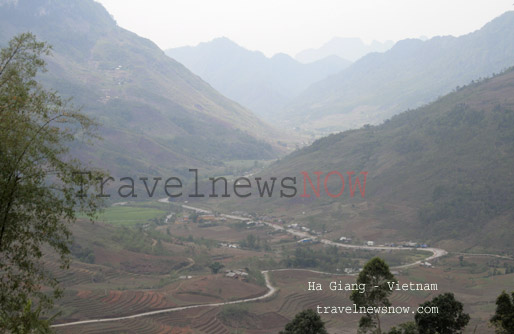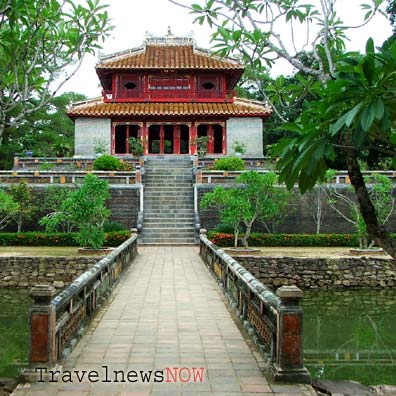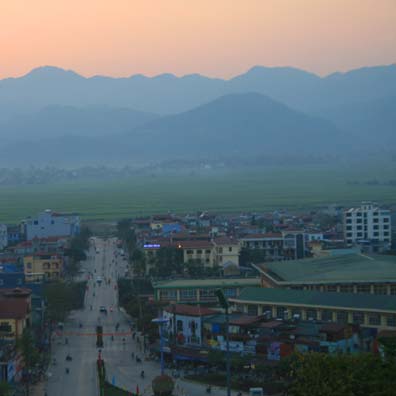By Tieu Quy.
24November2011, Xoan Singing of Phu Tho Province of Vietnam was inscribed by the UNESCO to the List of Intangible Cultural Heritage of Humanity which is in need of urgent Safeguarding. The inscription was made at the Sixth Session of the Intergovernmental Committee Convention for the Safeguarding of Intangible Heritage, which is to take place in Bali (Indonesia) from 22November2011 to 29November2011.
As defined by the Intergovernmental Committee, the Intangible Cultural Heritage includes traditions or living expressions inherited from one generation to the next, such as oral traditions, performing arts, social practices, rituals, festive events, knowledge and practices concerning nature and the universe or the knowledge and skills required to produce traditional crafts.
At the current session, seventy nine intangible heritage dossiers are to be examined, which include: 18 for inscription on the List of Intangible Cultural Heritage in need of Urgent Safeguarding; 39 for inscription on the Representative List of the Intangible Cultural Heritage of Humanity; 12 proposals of programmes for the Register of Best Safeguarding Practices; 4 for financial assistance; and 6 periodic reports on the implementation of the Convention.
Xoan singing (or Hat Xoan in Vietnamese) is practiced in the first two months of lunar year in Phu Tho Province, Vietnam. It is a kind of performing art relating to rituals and beliefs. Besides the function of singing for worshiping Hùng Kings, Xoan Singing also expresses dreams about happiness and prays for good crops, good health and luck, etc. Xoan Folk Artists are organized into different music guilds known as Phường. Each music guild is headed by a leader, who is referred to as trùm. Male instrumentalists are called kép and female singers are called đào. There are three phrases in Xoan singing procedure: worship singing and ritual singing performed by Xoan guilds and festive singing including the participation of villagers in love-exchange singing. Xoan singing is accompanied by dancing and musical instrument. Up to now, teaching and learning Xoan singing have based on oral transmission. Xoan singing used to be in danger of suffering loss but for recent twenty years, it has been gradually restored according to the wish and active participation of Xoan bearers in Phú Thọ province.
Xoan Singing of Phu Tho Province presently includes: Four original Xoan guilds in An Thái, Thét, Phù Đức, and Kim Đái in Phượng Lâu and Kim Đức communes, 80 kilometers north-west of Hanoi. Three Xoan teams established in 2006: one in Lâm Thao town, one in Tiên Du commune and one in Phù Ninh commune, Phú Thọ province. Twelve Xoan clubs have been established since 2010 with 298 practitioners from various districts, communes and town of Phú Thọ province.
By far, the Cultural Intangible Heritage of Humanity from Vietnam includes: the Royal Music of Hue, the Space of Gong Culture in the Central Highlands, Ca Tru Singing in the northern provinces, Quan Ho Folk Songs of Bac Ninh Province, Xoan Singing of Phu Tho Province.



